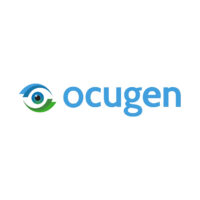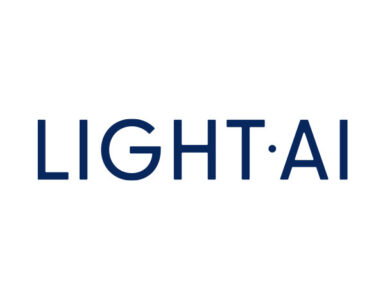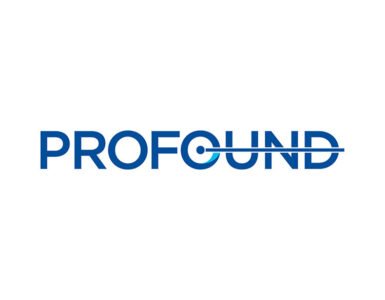
H.C. Wainwright launched coverage of Ocugen (NASDAQ:OCGN) with a “buy” rating and price target of $1.25. The stock closed at 36 cents on Dec. 19.
Ocugen is developing therapies for rare and underserved eye diseases and “we believe the company has the potential to become a leader in ophthalmology with its diversified and innovative pipeline,” writes analyst Swayampakula Ramakanth.
OCU300, Ocugen’s lead pipeline candidate, is designed to treat ocular graft-versus-host disease (oGVHD), a disease with no approved therapy and an estimated 63,000 patients in the U.S. now.
OCU300 is currently being evaluated in a Phase 3 trial and topline results are expected in the second half of 2020. “Given the promising data generated so far, we believe the Phase 3 study is likely to report a positive readout, which could be a major catalyst,” he added. OCU300 is the first and only product candidate that has received orphan drug designation from the FDA for oGVHD.
Ocugen also is developing a novel gene therapy, OCU400, to treat multiple indications. Unlike single-gene replacement therapies, which could target only one gene mutation, OCU400, as a modifier gene therapy, is designed to address multiple inherited retinal diseases caused by mutations either in NR2E3, a multi-function transcription factor, or in genes that are regulated by NR2E3.
“We believe preclinical data accumulated to date support this rationale and provide evidence of OCU400’s disease-modifying potential for NR2E3, CEP290 and RHO mutation-associated inherited retinal diseases,” Mr. Ramakanth said. Ocugen plans to initiate a Phase 1/2a trial for NR2E3 mutation-associated inherited retinal diseases in 2021.
Looking beyond rare eye diseases, OCU200, could support the company’s expansion into mass ophthalmological indications, such as wet AMD. As a fusion protein of human transferrin and tumstatin, Mr. Ramakanth said OCU200 acts through a distinct mechanism of action and has “demonstrated superiority in preclinical studies, compared with anti-VEGF therapies.” Ocugen expects to initiate a Phase 1/2a study in 2021.






